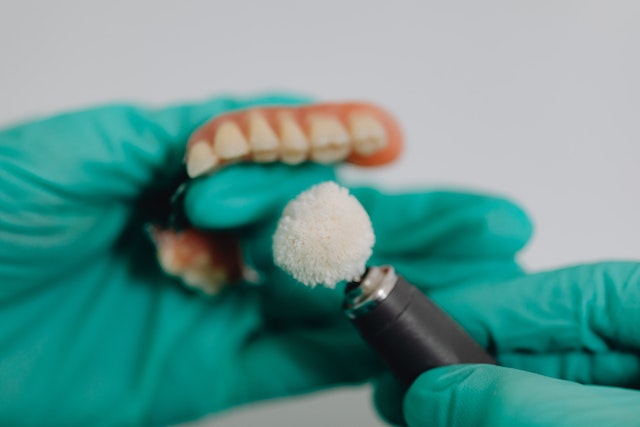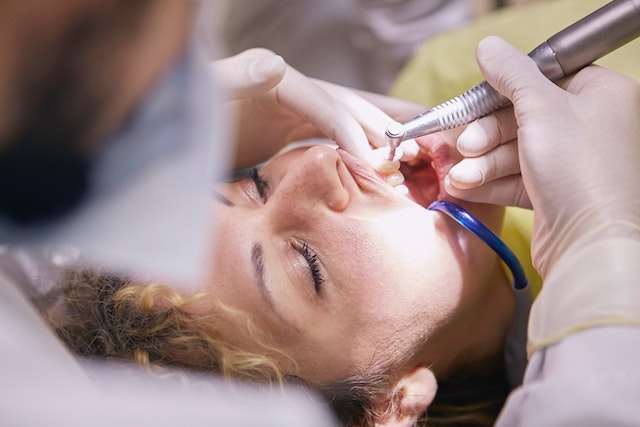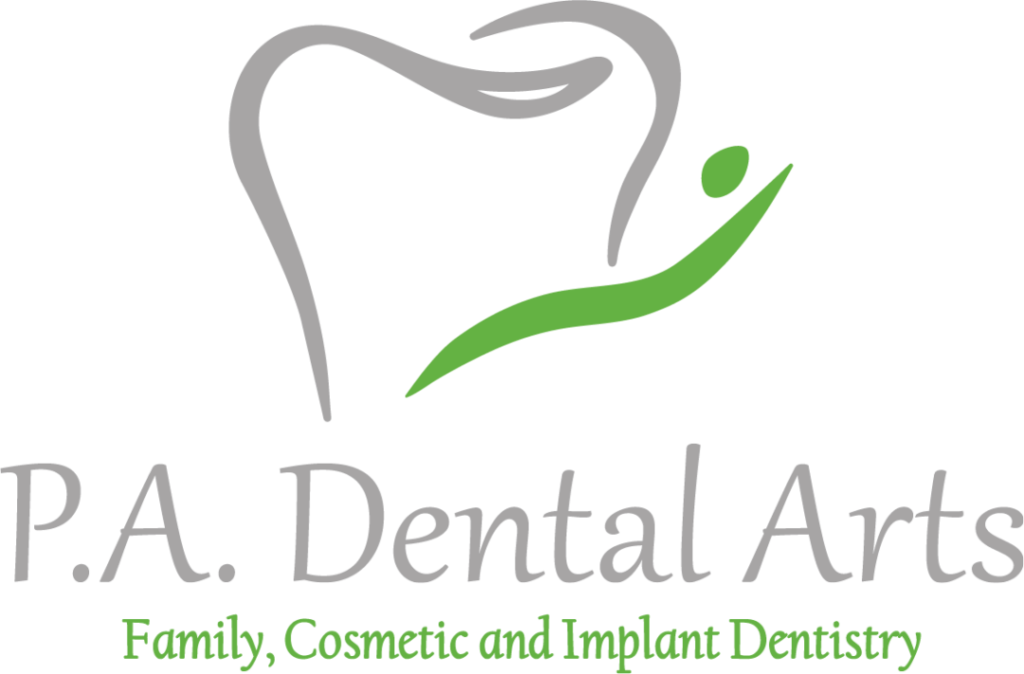Dentures
If you’re missing several or even all of your natural teeth, then you already know how inconvenient and frustrating tooth loss can make your day-to-day life. Speaking clearly, eating comfortably, and smiling confidently can feel difficult at best and impossible at worst. Our team at P.A. Dental Arts is ready to give you a second chance for a complete smile with personalized dentures in Allen, TX. These tooth replacements have become more reliable, functional, and lifelike than ever before, and we can’t wait to let you see for yourself! Call us today to set up your consultation.

Who Is a Good Candidate for Dentures?

Types of Dentures
Depending on the state of your oral health, as well as your unique needs and preferences, your dentist in Allen may recommend a specific kind of denture to rebuild your smile. The three main types of dentures are:
Partial Dentures
If you have some natural teeth left, a partial denture can seamlessly complete your grin. This prosthetic, sometimes just called a partial, fits behind your remaining teeth using metal clips or clasps, allowing the strategically placed artificial teeth to fill the empty spaces.
Full Dentures
To bring back a whole arch of missing teeth at once, we can place a full denture. Instead of using metal wires, a full denture contains a row of replacement teeth on a pink acrylic base. This base sits on the gums and stays in place with a natural suction force.
Implant Dentures
For a truly modern tooth replacement that feels as lifelike as it looks, you’ll want an implant denture. We can expertly place anywhere from four to six dental implants along your jaw, where they function just like the roots of real teeth. Therefore, implant dentures renew your chewing power and keep your new teeth from slipping.

The Benefits of Dentures
There’s a reason why dentures are still popular after decades and even centuries: they work! Some of the benefits of dentures you can look forward to include:
- Fast treatment process
- Replacement teeth that can last for up to a decade
- Easy maintenance
- Beautiful, personalized results
- Confidence boost
- Restored ability to eat a full, nutritious diet
- Affordable solution to tooth loss
Denture FAQs
Want to know more about dentures before making a decision? Our expert team has collected some of the most common questions about dentures in Allen and answered them below. We hope you find these FAQs informative and helpful! If you have further questions or want to schedule a consultation, don’t hesitate to contact our office.
Teeth play an important role in speech. When you first get dentures, it may take some time to get used to speaking with them. The exact amount of time it takes to get used to speaking with dentures varies from person to person. Generally speaking, the more you practice, the faster the adjustment process goes. You can help the process along by reading out loud to yourself and repeating difficult-to-pronounce words. Start slowly, and gradually transition to your normal speaking speed as you grow more comfortable. If your dentures have a tendency to shift while you speak, try biting down and swallowing before you begin to talk so that your false teeth are in the proper position. Finally, you can use denture adhesive to give your new teeth extra stability while you’re still adjusting.
You can likely expect to wait between six to eight weeks after getting your teeth pulled to receive your dentures. This wait time is important because it gives the gums a chance to heal. In addition, your denture dentist in Allen will use this period to ensure that your prosthetic teeth are going to fit properly. The exact amount of waiting time depends on the type of denture in question. If you are getting implant dentures, you will have to wait between four to six months for the implant to join with the bone via osseointegration.
If you’re a meat-lover, you’ll be happy to know that you can still eat tough meats like steak while wearing dentures. You’ll just have to take certain precautions to do so. First, opt for tenderloin and other beef cuts that don’t contain as many connective tissues or muscle fibers, as these elements are what often make steak hard to chew. If possible, make sure that the meat is thoroughly tenderized beforehand. Before eating, cut the steak into very small, manageable pieces – the smaller they are, the easier they’ll be to chew. If your dentures don’t fit properly, it will be more difficult to chew steak and other tough meats. Make sure your restoration fits comfortably in your mouth and use denture adhesive if you need extra stability while chewing.
Yes! Romance doesn’t die when you’re wearing dentures in Allen. It is completely possible to kiss with prosthetic teeth, but it does take time to get used to how it feels. Dentures don’t contain any nerves like real teeth do, so you have to be cautious to avoid kissing anyone too hard or bumping your dentures against your partner’s teeth. To avoid causing your prosthetic teeth to shift out of place, focus on kissing gently when you’re wearing dentures.

